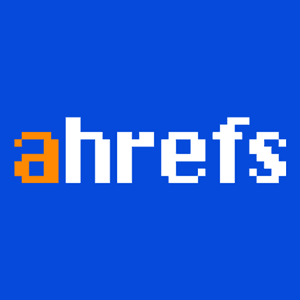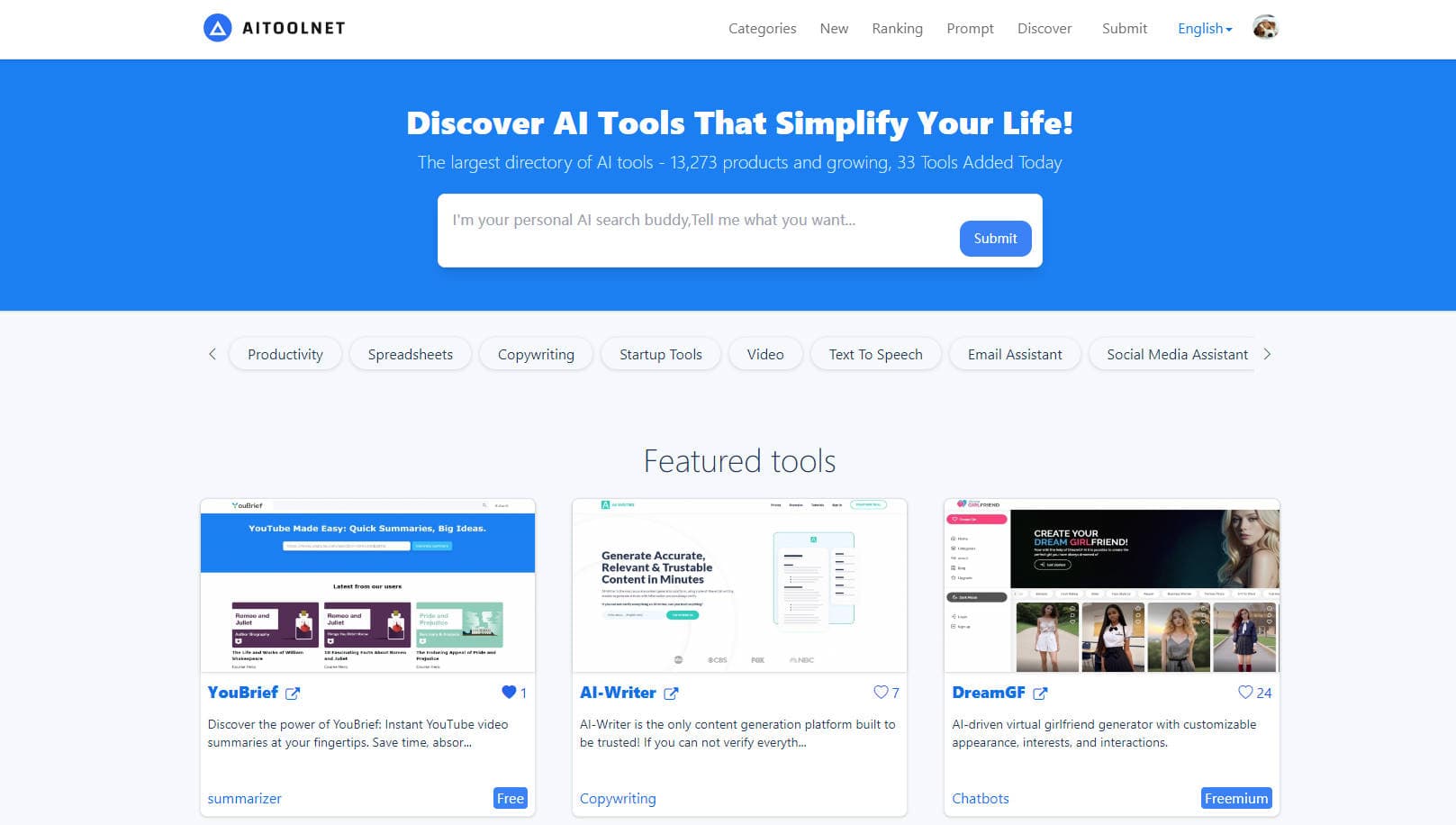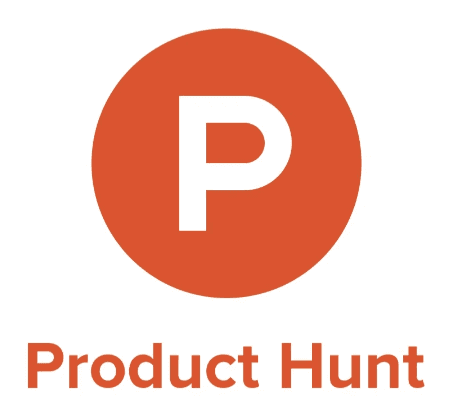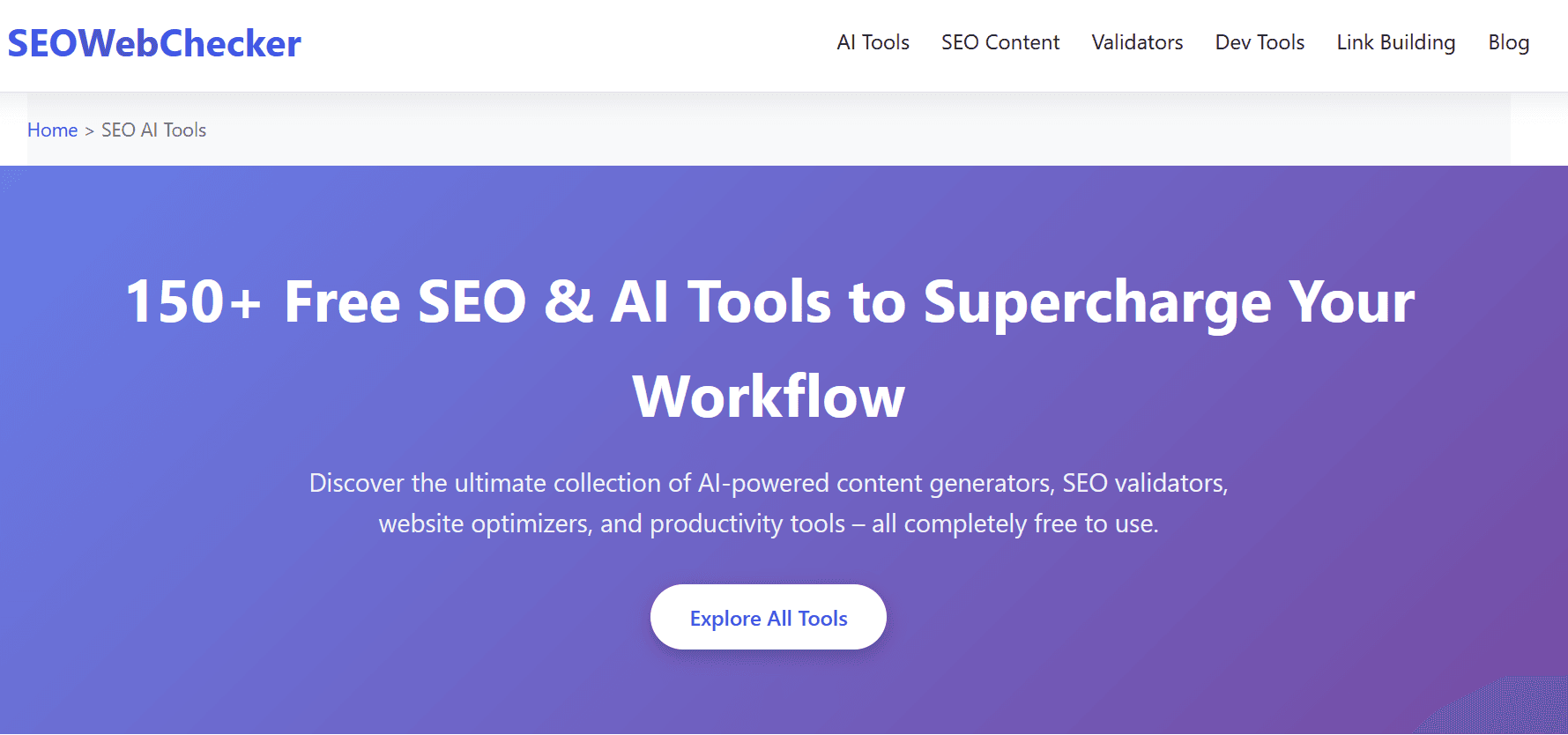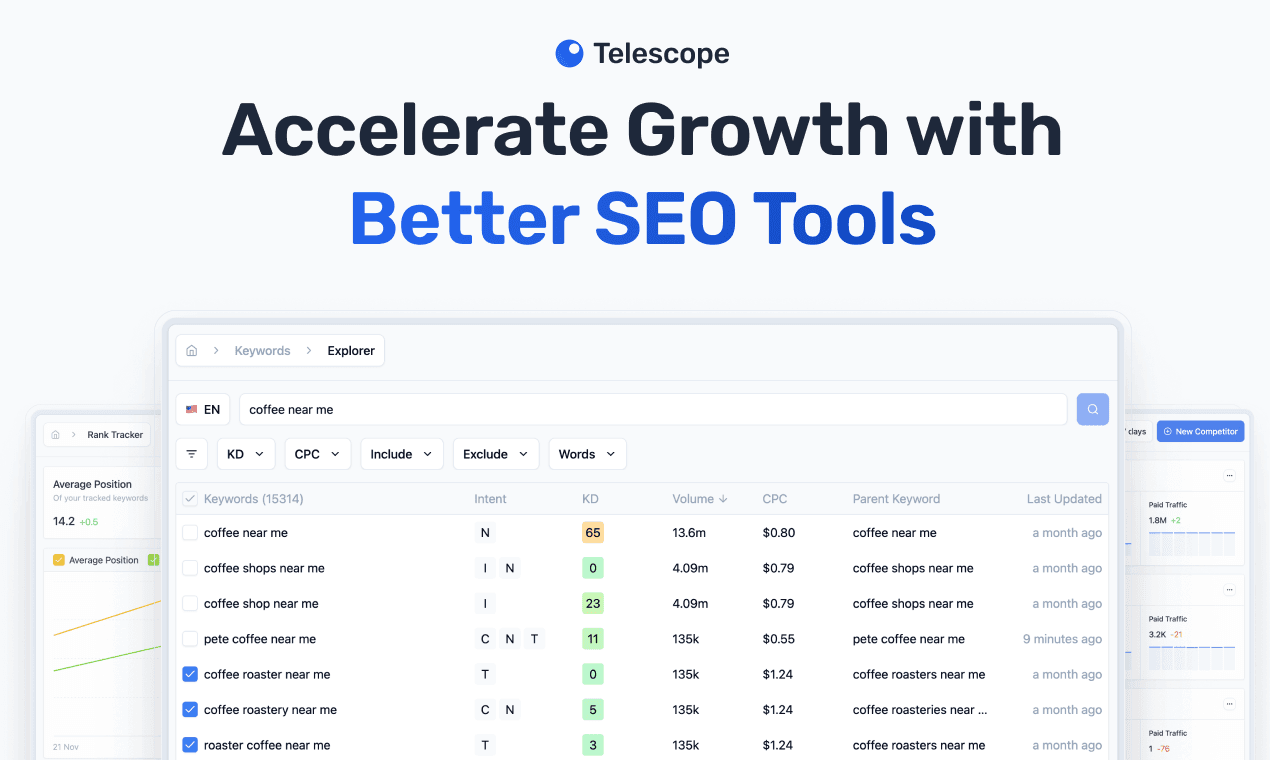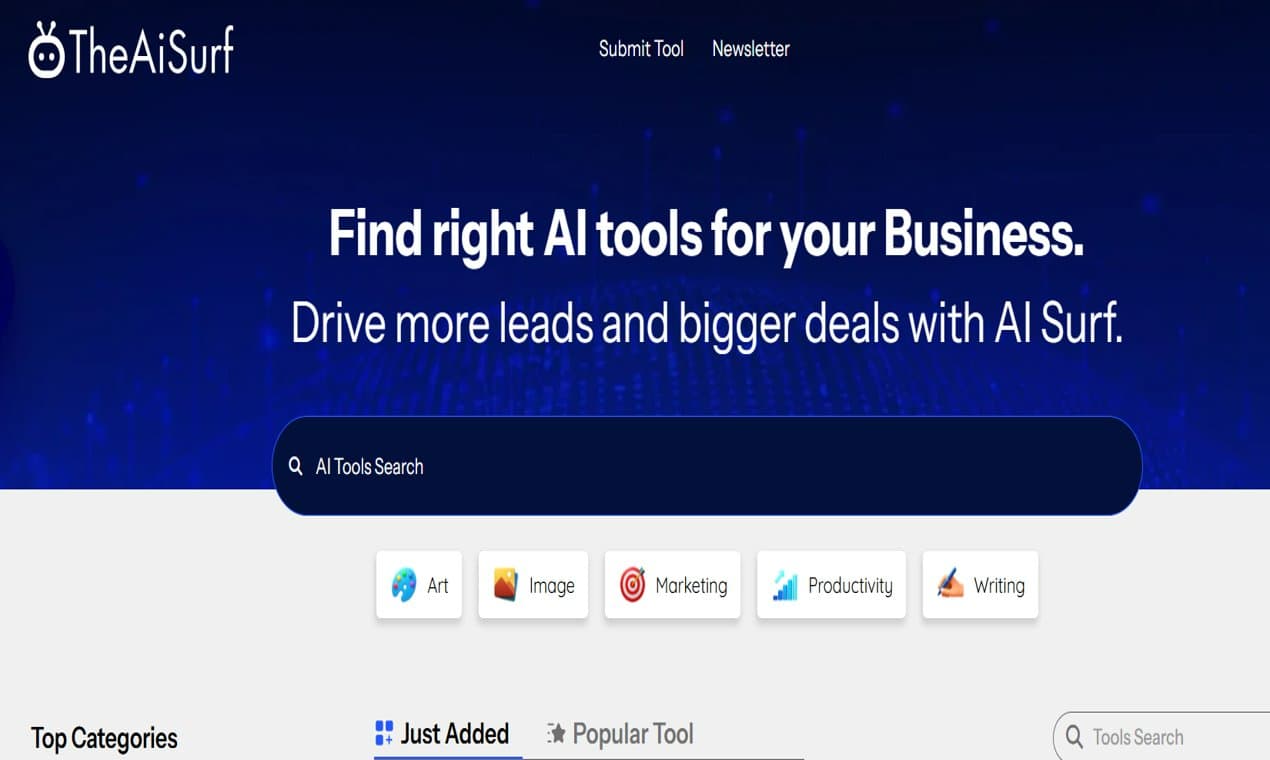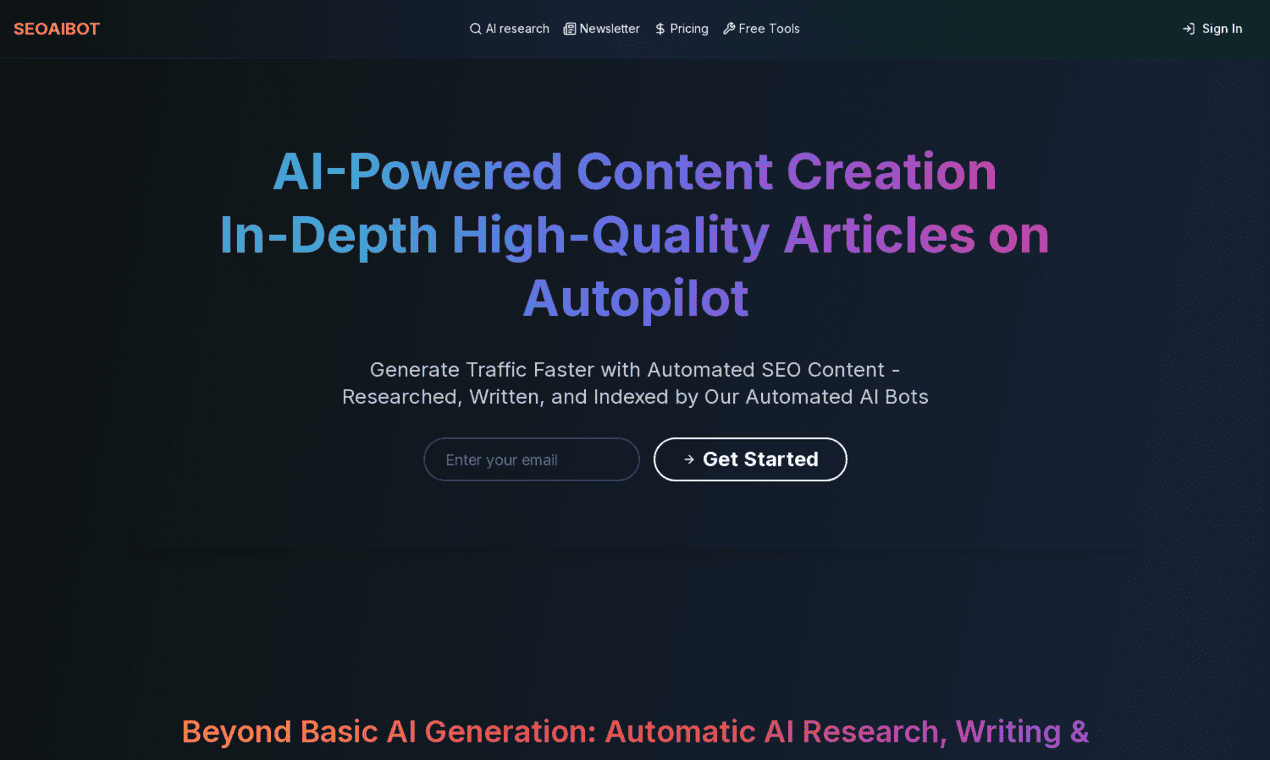AnswerThePublic vs. Google's Structured Data Docs
AnswerThePublic
AnswerThePublic is a great tool for generating content ideas. Enter the keyword and it will help you discover all the major Google searches that contain that keyword. For example, type in "ranking" and you can get suggestions for "ranking of taylor swift songs", "ranking list", "ranking of us presidents", "ranking fallout games", "ranking nfl stadiums", "ranking true detective seasons" and many, many more. AnswerThePublic has a free tier with three free searches per day.
Google's Structured Data Docs
Looking to implement structured data and don't know where to start? Google has excellent docs that explain what kind of structured data you need to provide to get certain types of search results. Bredcrumbs, articles, carousels, courses, reviews, FAQs, products, recipes and more - it's all covered there!
Reviews
Reviews
| Item | Votes | Upvote |
|---|---|---|
| Good for brainstorming content ideas | 1 |
| Item | Votes | Upvote |
|---|---|---|
| No cons yet, would you like to add one? | ||
| Item | Votes | Upvote |
|---|---|---|
| No pros yet, would you like to add one? | ||
| Item | Votes | Upvote |
|---|---|---|
| No cons yet, would you like to add one? | ||
Frequently Asked Questions
Google's Structured Data Docs and AnswerThePublic serve different purposes in SEO. Google's Structured Data Docs provide detailed guidelines on implementing structured data to enhance search results for various content types, making it invaluable for technical SEO. On the other hand, AnswerThePublic is a tool designed for content ideation, helping users generate content ideas based on popular Google searches. If your primary need is to implement structured data, Google's Structured Data Docs are more suitable. If you're looking to brainstorm content ideas, AnswerThePublic is the better choice.
AnswerThePublic is specifically designed for generating content ideas by showing popular Google searches related to a keyword. This makes it a superior choice for content ideation compared to Google's Structured Data Docs, which focuses on providing guidelines for implementing structured data.
Google's Structured Data Docs are better suited for implementing structured data. They provide comprehensive guidelines on how to use structured data to improve search results for various content types, whereas AnswerThePublic focuses on content ideation and does not offer structured data implementation guidance.
AnswerThePublic is a tool designed for generating content ideas. By entering a keyword, it helps users discover all major Google searches that contain that keyword. For example, if you type in 'ranking,' you can get suggestions like 'ranking of Taylor Swift songs,' 'ranking list,' 'ranking of US presidents,' and many more.
One of the pros of AnswerThePublic is that it is good for brainstorming content ideas. There are currently no user-generated cons listed for this tool.
Yes, AnswerThePublic offers a free tier that allows users to perform up to three free searches per day.
Google's Structured Data Docs provide comprehensive guidelines on how to implement structured data on your website. These docs cover various types of structured data, including breadcrumbs, articles, carousels, courses, reviews, FAQs, products, and recipes, helping you optimize your content for better search engine visibility.
Google's Structured Data Docs cover a wide range of topics including breadcrumbs, articles, carousels, courses, reviews, FAQs, products, and recipes. These guidelines help webmasters understand what kind of structured data is needed to achieve specific search results and improve their website's SEO.
Using Google's Structured Data Docs is beneficial for optimizing your website's content for search engines. By following these guidelines, you can enhance your site's visibility in search results, making it easier for users to find your content. Structured data can lead to rich results, which improve click-through rates and overall user engagement.
Google's Structured Data Docs help with SEO by providing guidelines on how to implement structured data that enhances search engine visibility. Properly structured data can result in rich snippets, which stand out in search results and can lead to higher click-through rates. This makes your content more accessible and attractive to users.


